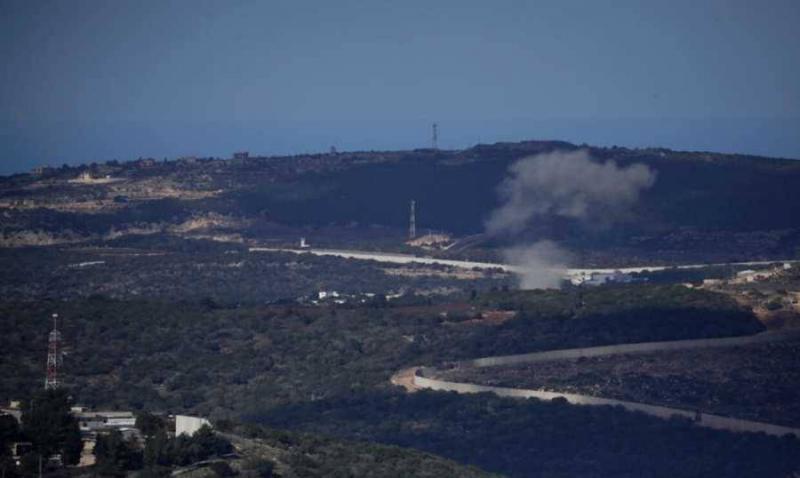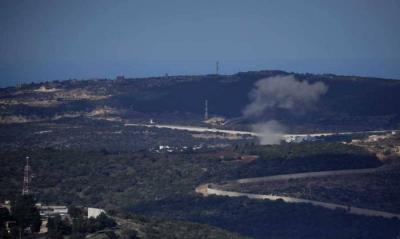Before ending his visit to Washington, Israeli Prime Minister Benjamin Netanyahu announced to the U.S. Congress that his government is determined to eliminate the security threats posed by Hezbollah on the northern front. Israeli broadcasting has reported that the Israeli army informed political leadership that preparations for a large-scale ground maneuver are complete, promising a strong aerial operation in Lebanon prior to this maneuver. Despite differing interpretations regarding the dimensions and timing of this maneuver, there is a consensus that Tel Aviv is proceeding with plans for a broad attack on Lebanon unless Hezbollah withdraws from the area south of the Litani River.
Military and strategic expert Brigadier General Khalil Halou provided his insights on this maneuver, indicating that three new military units have recently been deployed to the northern front and are on heightened alert in preparation for a major military operation. He explained to "Asharq Al-Awsat" that these units need to train to work together and distribute tasks along the front. He noted that when the Israeli army announces a maneuver, it could be merely a drill, but it might pave the way for a surprise military attack, potentially escalating into a significant ground operation. He reminded, since the end of the July war in 2006, Israel has been preparing for a new and prolonged war with Hezbollah, which requires the convergence of three components: logistical readiness, military and security preparedness, and political readiness. The biggest concern is that Israel may have completed its political preparations following Netanyahu's visit to Washington.
Prior to announcing this maneuver, the head of the northern front visited the border with Lebanon, reminding that the strike on the port of Hodeidah in Yemen and its destruction serves as a clear message to Iran and Hezbollah that the Israeli air force is capable of striking all targets. Brigadier General Khalil Halou emphasized that Israel is determined to remove Hezbollah from the northern border at any cost, including military action, which Netanyahu put on the table and emphasized in his speech before the U.S. Congress. He pointed out that despite preparations for ground units, the Israeli air force plays a critical role in the war.
The announcement of this maneuver comes less than two months after a large-scale maneuver conducted by the Israeli army on May 28, aimed at testing the readiness of its forces and units for the outbreak of all-out war on the northern front of the country. Israeli broadcasting reported at the time that the maneuver was conducted unexpectedly, aiming to enhance the Israeli army's preparedness for various scenarios on the northern front with Lebanon.
Dr. Sami Nader, director of the Levant Institute for Strategic Studies, placed the new maneuver in the context of pressure on Lebanon, especially as it coincides with the Israeli Prime Minister's visit to the United States and meetings with senior leaders in the U.S. administration and both the Republican and Democratic parties. Nader confirmed to "Asharq Al-Awsat" that Tel Aviv is insistent on removing the threat on the northern front either through diplomatic means or the military option for which preparations have been completed, while Hezbollah insists on reverting to the situation as it was on October 6, 2023; that is, before the "Al-Aqsa Flood" operation.
It seems that the Israeli army is heading towards executing Netanyahu's threats, contrary to what is being discussed about a rift between the Prime Minister and the military leadership. Despite the efforts made by the U.S. administration and decision-making countries to prevent the opening of new frontlines, particularly with Lebanon, Dr. Sami Nader emphasized that Israel is determined to change the rules of engagement. This determination has been intensified by recent disclosures from Hezbollah regarding the development of significant air capabilities that threaten Israel's security, even if these capabilities cannot be compared to the qualitative and quantitative military assets possessed by Tel Aviv compared to those of Hezbollah and the entire axis of resistance, according to "Asharq Al-Awsat."




